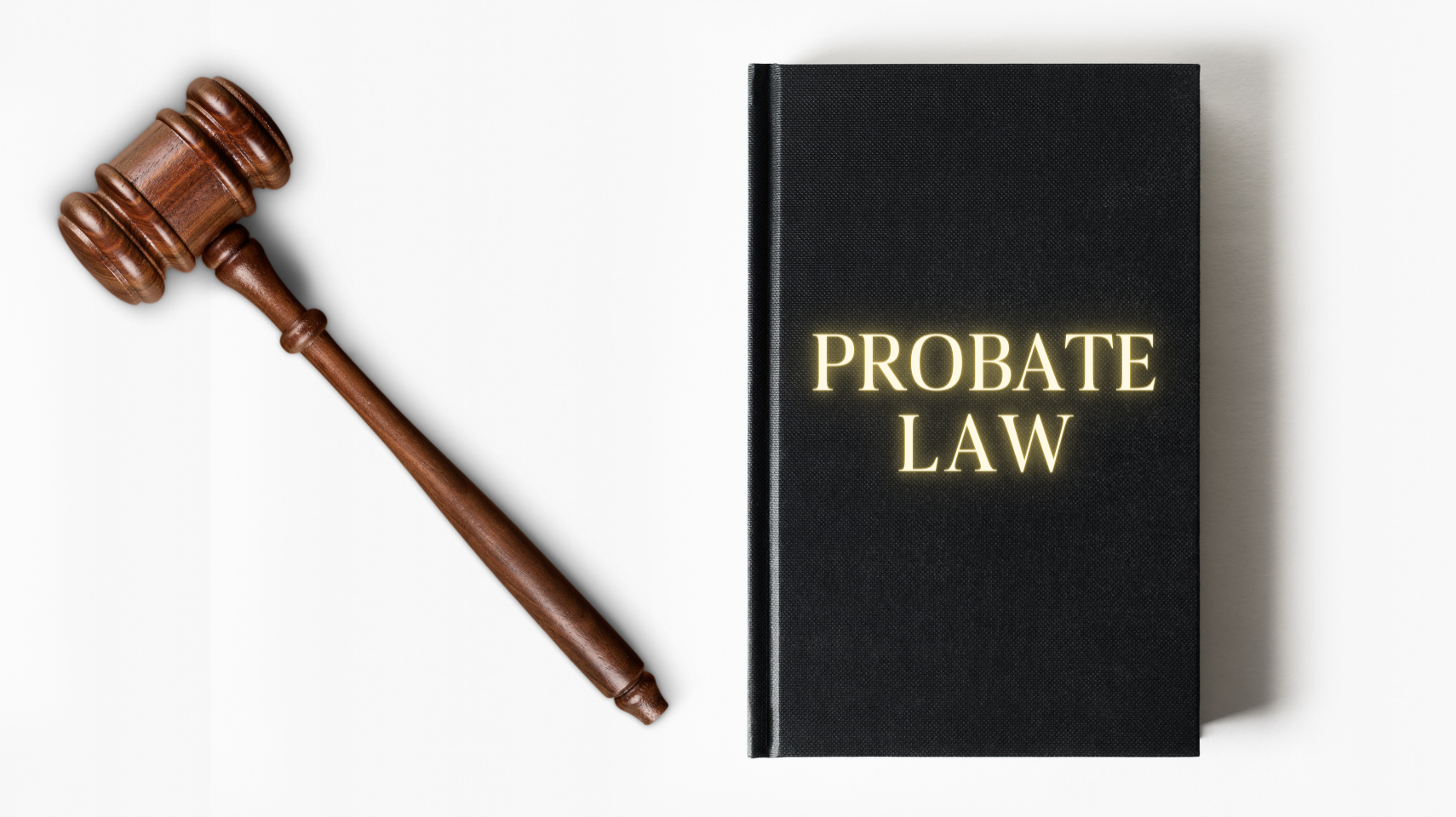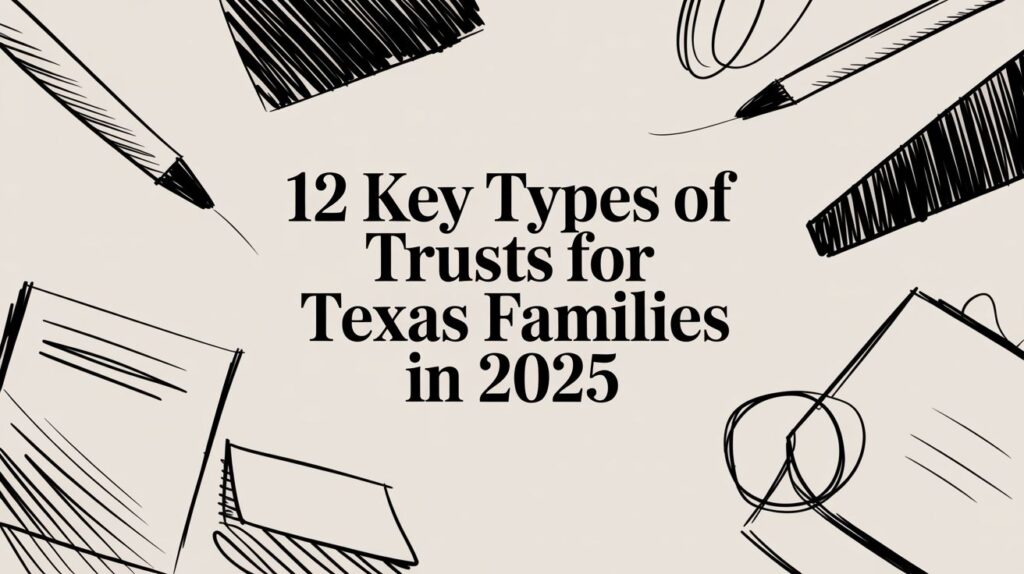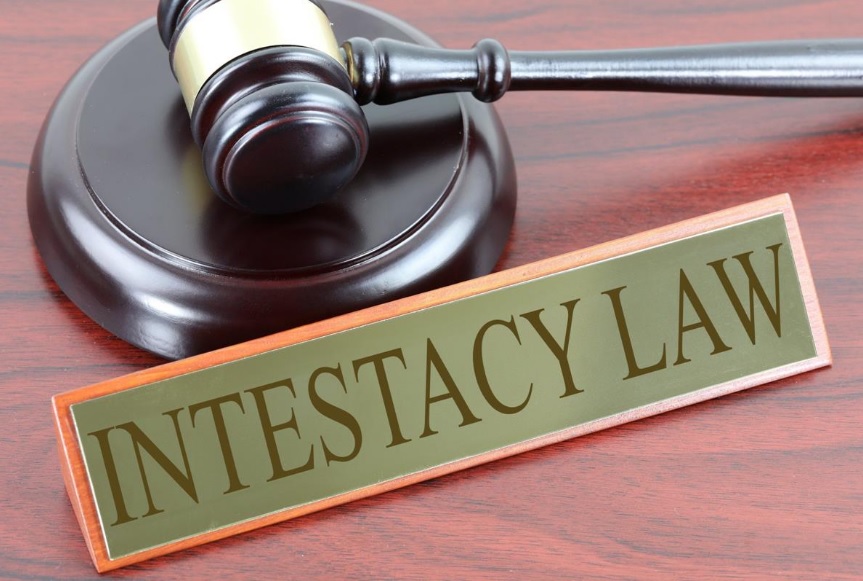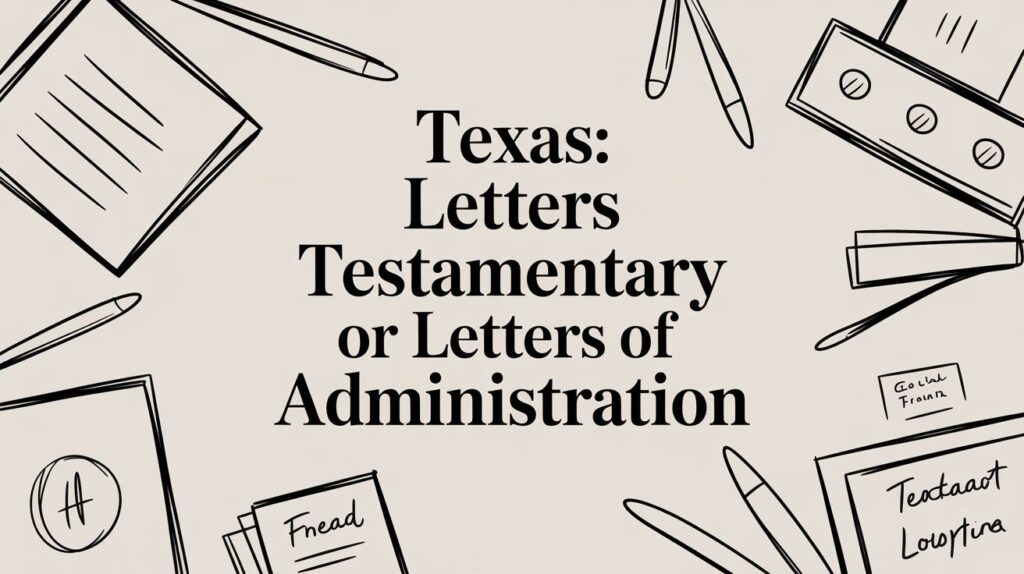If you’re navigating probate in Texas without a will in hand, you’re probably wondering how state laws treat intestate estates. The answer lies in the Texas Probate Code and Special Circumstances Section. These statutes are more than just dense legal jargon—they’re a blueprint for how the courts handle assets when a person dies without a valid will. And when special circumstances come into play, the complexity rises dramatically. That’s why getting familiar with how Texas handles these cases can help you avoid unnecessary conflict, delays, or missteps during probate.
In this comprehensive and engaging guide, we’ll walk through how the Texas Probate Code works, how the special circumstances section applies, and what it all means for real people like you. Whether you’re dealing with a recently deceased loved one’s estate, preparing your own end-of-life documents, or advising a client, understanding this topic isn’t just helpful—it’s essential. Because the more you know now, the more confident and prepared you’ll be when a complex situation arises.

What Is the Texas Probate Code?
The Texas Probate Code is a set of laws that govern how estates are managed and distributed after someone dies. Though much of the original Probate Code has been codified into the Texas Estates Code as of 2014, people still use the term “Probate Code” colloquially, especially when discussing estate planning orprobate court.
These laws cover a wide range of topics, including:
- Validating wills
- Appointing executors or administrators
- Managing estate assets
- Notifying creditors
- Distributing property to heirs or beneficiaries
When a person dies intestate (without a valid will), the Texas Probate Code and Special Circumstances Section outlines who inherits what—and under what conditions. This process is formal, legally binding, and can create challenges if the estate is complicated or the family situation is less than straightforward.
Real-Life Story: Kevin’s Complicated Inheritance
Kevin’s father passed away in rural East Texas with no will in place. Kevin had always assumed he and his sister would split the estate evenly. However, it turned out their father had a previous marriage with two adult children no one had spoken to in decades.
When Kevin went to probate court, the judge applied the intestacy laws under the Texas Probate Code and Special Circumstances Section, which recognized those long-lost siblings as lawful heirs. As a result, Kevin inherited only a quarter of the estate he thought was his. That single twist changed everything and caused a months-long legal battle.
Stories like Kevin’s show just how impactful the special circumstances section of the Texas Probate Code can be.
Understanding Intestate Succession in Texas
When someone dies intestate, the Texas Estates Code determines how their assets are distributed. The code lays out a hierarchy of heirs based on familial relationships. It may seem logical on paper, but when blended families or estranged relationships are involved, things can get complicated fast.
Order of Succession (Simplified):
- Spouse and children
- Children only (if no spouse)
- Parents
- Siblings
- Extended family (aunts, uncles, cousins)
In reality, the Texas Probate Code and Special Circumstances Section accounts for dozens of potential scenarios—including stepchildren, half-siblings, adopted children, and posthumous births.
If there’s no surviving family, the estate can even escheat to the state.
How the Special Circumstances Section Works
The special circumstances section exists to address situations that don’t fit the standard mold. These include:
- Missing heirs
- Undocumented or unproven relationships
- Adopted or foster children
- Disinheritance due to misconduct
- Informal heirship claims
- unsigned or Holographic wills

Courts use this section of the Texas Probate Code to rule on complicated inheritance claims. It gives judges discretion in interpreting intent when there’s no valid will, especially when one or more parties provide credible testimony or legal documentation.
Real-Life Story: Linda’s Long-Lost Sister
Linda thought she was her mother’s only living child. But when she filed an application to probate the estate, an attorney ad litem was appointed to represent unknown heirs. That attorney uncovered a sister her mother had given up for adoption 50 years ago. Under the Texas Probate Code and Special Circumstances Section, that sister was entitled to a share—even though Linda and her family had never met her.
The judge ultimately ordered a split of the estate between the two sisters. Linda was heartbroken but had no legal grounds to object. This is a powerful example of how the law works to protect every rightful heir—even those no one knew existed.
What Happens If a Will Is Found After Probate Has Started?
Let’s say probate has already begun under intestate laws—and suddenly, a will surfaces. This isn’t as rare as you might think. When this happens, the Texas Probate Code and Special Circumstances Section provides the framework for resolving such situations.
The person who finds the will must file it immediately, and the court will hold a hearing to determine:
- Whether the will is valid
- If probate under the will can replace intestate administration
- Whether any distributions must be reversed
If the court finds the will was knowingly withheld, the person who hid it may face criminal penalties.
This part of the probate code ensures that the decedent’s true intentions are honored—even if it means undoing prior court orders.
Special Circumstances That Often Trigger Disputes
Here are some of the most common scenarios that activate the special circumstances section of the Texas Probate Code:
1. Unknown Heirs
When not all heirs can be identified at the time of filing, the court may delay distribution or appoint an attorney ad litem to investigate.
2. Out-of-State Property
If a decedent owned land or business interests outside Texas, multiple probate processes (known as ancillary probate) may be needed, creating cross-jurisdictional challenges.
3. Questionable Wills
If a will appears suspicious—due to missing signatures, unclear dates, or disputes about the decedent’s mental state—it can be contested, often reverting the case tointestate succession.

4. Estranged Spouses or Common-Law Marriages
Determining whether a couple was legally married under Texas common-law statutes can dramatically alter who inherits and how much.
5. Children Born Outside Marriage
Texas law generally treats biological children equally, regardless of whether the parents were married. However, proving paternity may require DNA testing or affidavits.
Each of these examples illustrates how the Texas Probate Code and Special Circumstances Section aims to balance legal precision with fairness—even when the situation is far from ideal.
Cost Implications of Special Circumstance Cases
Special circumstance probate cases are almost always more expensive. Why?
- Attorneys must conduct more legal research
- More court hearings are required
- Attorneys ad litem must be paid
- DNA testing or estate appraisals may be needed
- Additional notices and publications drive up costs
An uncontested, well-planned probate may cost between $2,500 and $5,000. A contested intestate estate invoking the special circumstances section could easily exceed $10,000 to $15,000 in legal fees alone.
Real-Life Story: How Estate Planning Could Have Saved Thousands
Robert, a widower in Austin, passed away with a $400,000 estate and no will. His children from two marriages couldn’t agree on how to divide his assets. His second wife’s son claimed a share, citing Robert had raised him for 15 years. After months of back and forth, a judge applied the Texas Probate Code and Special Circumstances Section to award the adopted stepson a partial interest.
The final cost? Over $20,000 in combined legal fees, appraisals, and court orders. A simple will could’ve clarified everything. But without one, the law stepped in—and cost the family dearly.
Tips to Avoid Special Circumstance Pitfalls
Estate planning is your best defense against complicated, costly probate battles. Here are some practical tips:
1. Create and Regularly Update a Will
Clearly name your heirs and executor. Update your will after major life changes like marriage, divorce, births, or deaths.
2. Use Legal Professionals
Online templates may seem easy, but improperly signed or vague wills often trigger disputes. Work with a licensed attorney to ensure compliance with the Texas Probate Code.
3. Discuss Your Plans
Let your family know where your will is stored and what your wishes are. Surprises lead to challenges.
4. Use Trusts When Appropriate
Living trusts allow you to bypass probate for certain assets, reducing the risk of public court disputes.
5. Consider a Pre-Need Declaration
This legal document lets you appoint someone in advance to handle your remains and burial wishes. It prevents arguments about cremation versus burial or religious preferences.

Final Thoughts: How the Texas Probate Code and Special Circumstances Section Affects Intestate Estates
So, how does the Texas Probate Code and Special Circumstances Section affect intestate estates? In a word—significantly. When there’s no will, or when special issues arise, this part of the law gives courts the power to step in, identify rightful heirs, and resolve conflicts. While it brings order to chaos, it can also be expensive, time-consuming, and emotionally draining.
But you don’t have to wait for the court to take over. Proactive estate planning gives you—and your family—control. Knowing how the law works helps you avoid being blindsided and ensures that your wishes are honored, not guessed at in a courtroom.








